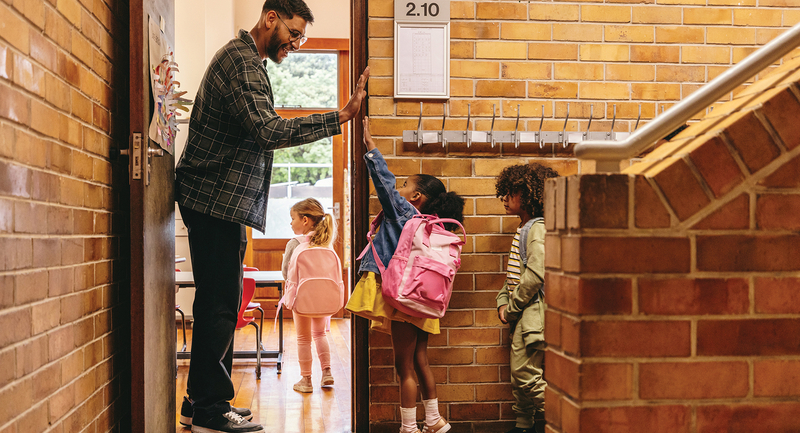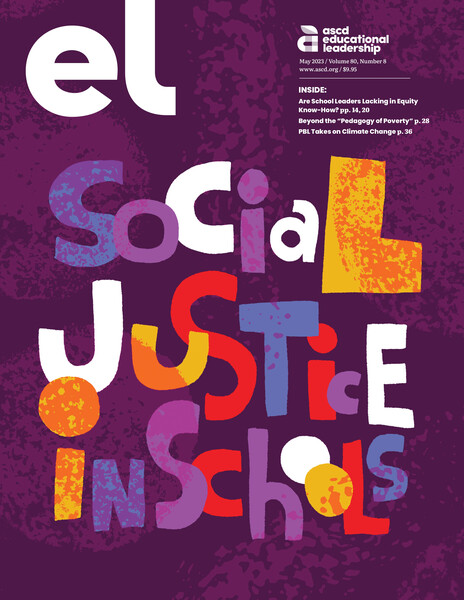Access to better reading supports for students of color is becoming a growing social justice issue, suggests a recent special-assignment article published jointly by the Washington Post and the Hechinger Report.
Written by veteran education journalist Sarah Carr, the piece details the travails of families in the Boston area who've struggled to obtain specialized instruction for their children with early-reading difficulties. Carr finds stark racial disparities in access to such services. In Boston schools, for example, reading specialists are considerably less likely to be employed in schools with higher percentages of minority students. Carr quotes one expert who describes a national problem of "structured literacy deserts," referring to places where it is difficult to get the kind of explicit, systematic reading instruction often needed by struggling readers.
Black students are also less likely than white students to be classified as dyslexic, which can make it harder for them to get specialized supports. Carr's reporting suggests that lapses in identifying Black students' reading problems may be due in some cases to educators' tendency to hold lower academic expectations for these students and to focus more on their behavioral or emotional issues. Meanwhile, placements in private schools that focus on reading remediation are often out of reach for families of color.
As Carr notes, there are "persistent racial and socioeconomic gaps in reading performance" nationwide. On the 2022 National Assessment of Educational Progress, Black and Hispanic 8th graders scored 24 and 17 points below white 8th graders in reading, respectively. Only 16 percent of Black 4th graders and 20 percent of Hispanic 4th graders were reading at or above the level for proficiency.
Such gaps have contributed to the rising interest in instructional approaches backed by the "science of reading." But as Carr's article reflects, families and literacy experts alike are also increasingly calling attention to underlying structural issues. In a 2021 article for the International Literacy Association, Nicole Patton Terry, a professor of reading education at the Florida State University who is cited by Carr, argued that there needs to be more "explicit recognition of the historical, political, and sociocultural systems in place that allow Black and Brown children to not be reading well in U.S. schools." Legislative mandates and silver bullet instructional solutions are likely to make little difference, Terry wrote, if policymakers and education leaders don't take into account that the "sequelae of both poverty and racism make [students of color] more vulnerable to conditions that may contribute to difficulty with reading in school."
As starting points for deeper change, Terry outlined four recommendations for educators and researchers:
- Work to broadly heighten expectations for students of color, emphasizing strength-based and culturally responsive instructional approaches.
- Create comprehensive, multi-solution approaches to improving learning conditions and access to high-quality, customized instruction.
- Resolve to draw on, investigate, and build knowledge of the evidence for what works in reading instruction (especially in connection with the science of reading).
- Collaborate across fields and departmental silos to solve problems, innovate, and disrupt barriers.
Most of all, Terry urged, educators and researchers must reconcile instructional programs and intervention systems with the "lived experiences of children who are vulnerable to experiencing reading difficulty in school."







